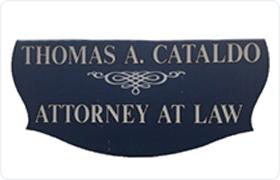Stirling Criminal Lawyer, New Jersey
Sponsored Law Firm
-
 x
x

Click For More Info:
-
Thomas A. Cataldo, Attorney at Law
52 South Street Morristown, NJ 07960» view mapCriminal Defense Law Tip The Scales In Your Favor!
Thomas A. Cataldo, Attorney at Law has the legal experience you need at affordable rates that can't be beat.
800-834-4291
Dylan T. Tester
Residential Real Estate, Landlord-Tenant, State and Local, DUI-DWI
Status: In Good Standing
Anthony P. Alfano
Workers' Compensation, Employee Rights, Criminal, Personal Injury
Status: In Good Standing
Sheldon Schiffman
Workers' Compensation, Employee Rights, Criminal, Personal Injury
Status: In Good Standing
Michael Ivan Birnberg
Real Estate, Motor Vehicle, Divorce & Family Law, Criminal
Status: In Good Standing Licensed: 37 Years
Mathew J. Enzler
Juvenile Law, Traffic, Civil Rights, Contract
Status: In Good Standing Licensed: 18 Years
A. Gregory D'Alessandro
Criminal, Divorce & Family Law, Estate, Personal Injury
Status: In Good Standing
Michael Aaron Wallerstein
Lawsuit & Dispute, Trusts, Family Law, Criminal
Status: In Good Standing Licensed: 14 Years
 Thomas Cataldo Morristown, NJ
Thomas Cataldo Morristown, NJ Practice AreasExpertise
Practice AreasExpertise
